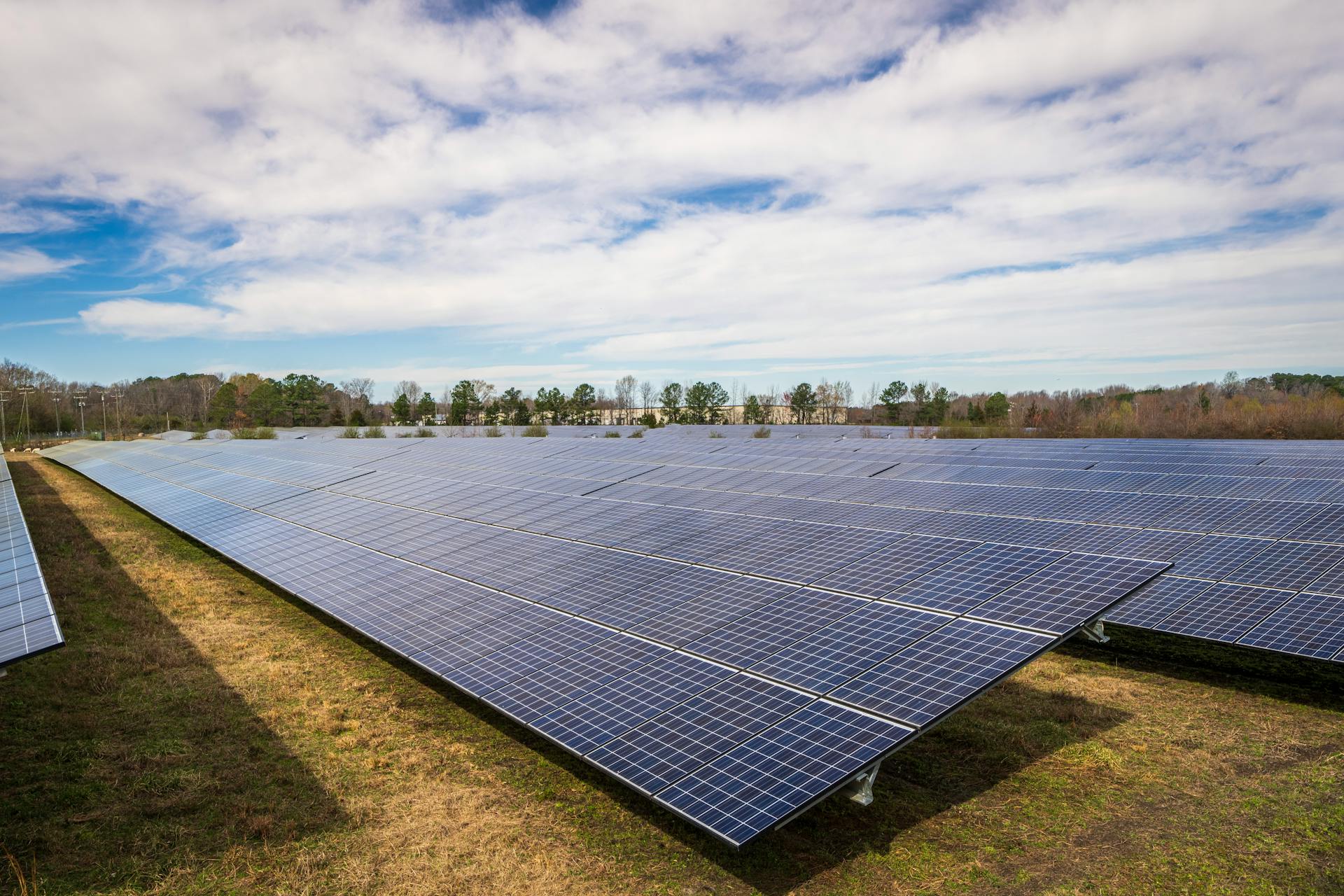Different types of solar panels
Solar panels are an increasingly popular renewable energy source due to their ability to generate electricity in a sustainable and environmentally friendly way. However, it can be overwhelming to understand the different types of solar panels available on the market and their unique features. In this article, we will explore the main types of solar panels, their characteristics and how they work.
1. Photovoltaic (PV) solar panels
Photovoltaic solar panels, also known as PV panels, are the most common solar panels on the market. They work by converting sunlight into electricity using photovoltaic cells, which are composed of semiconductor materials such as silicon. When sunlight hits these cells, electrons are released, generating electric current.
Main features:
- Efficiency: Photovoltaic solar panels have an efficiency ranging from 15% to 22%, depending on the type of cell used.
- Durability: They have a long service life, generally 25 to 30 years.
- Versatility: They can be installed in a variety of locations, from residential roofs to large commercial installations.
2. Thermal solar panels
Unlike photovoltaic solar panels, solar thermal panels do not convert sunlight into electricity, but use solar energy to heat water or air. These panels are typically used for water heating systems or to provide heating in buildings.
Main features:
- Efficiency: Solar thermal panels can be up to 70% efficient in converting solar energy into heat.
- Specific applications: They are ideal for applications requiring heat, such as water heating systems or space heating in buildings.
- Lower cost: In general, solar thermal panels tend to be less expensive than solar photovoltaic panels.
3. Thin film solar panels
Thin film solar panels are an alternative to conventional solar panels and are made of materials such as amorphous silicon, cadmium telluride or copper indium gallium selenide-selenide (CIGS). These panels are more flexible and lighter than traditional solar panels, making them suitable for applications where flexibility is required, such as in curved buildings or portable devices.
Main features:
- Flexibility: Thin film solar panels can be bent or curved, making them ideal for applications where flexibility is needed.
- Variable efficiency: The efficiency of thin film solar panels varies depending on the material used, but they generally have a lower efficiency than conventional photovoltaic solar panels.
- Lower environmental impact: The manufacture of thin-film solar panels generally requires less energy and resources than traditional solar panels.
How do solar panels work?
Regardless of the type of solar panel, they all operate on the same basic principle: they convert solar energy into another form of usable energy, either electricity or heat. When sunlight strikes the solar panels, the photons of light interact with electrons in the semiconductor materials, creating a flow of electrons that generates electricity (in the case of photovoltaic solar panels) or heat (in the case of solar thermal panels). Find out how microinverters transform direct current into alternating current in our entry on inverters and microinverters.
In short, solar panels are a cost-effective and sustainable option for generating electricity and heat from an abundant and renewable energy source: the sun.
Looking for a smart way to power your home or business in Hermosillo, Guaymas, San Carlos or Caborca? Peak Energy is your answer. With our industry-leading photovoltaic design and diagnostic services, we help you maximize the solar potential of your location. From planning to installation, we’ll make sure your transition to solar is seamless. And don’t worry about maintenance – we’re here to keep your system running efficiently, every time.
